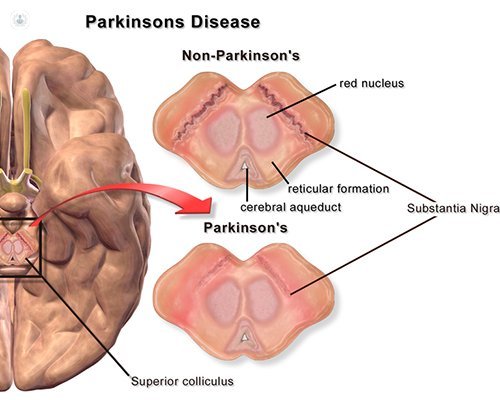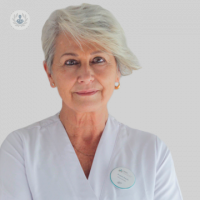complementary therapies for Parkinson's treatment
Written by:Complementary therapies are often prescribed in the treatment of Parkinson 's and other neurodegenerative diseases, although not have a clear and agreed guidance on the methodology.
There is , however, growing evidence that treatment should be comprehensive and multidisciplinary. You should also look holistically all aspects that affect the patient's health status. After obtaining a correct diagnosis of the disease and funneled drug treatment should be valued:
- the engine functionalism
- communicative deficiencies
- the ability to perform activities of daily living
- cognitive and psychological state
- quality of life
- the nutritional status
Complementary therapies to apply correctly, should take into account the particular circumstances of each patient and rule out possible contraindications.

In the case of Parkinson 's disease, specialists in Neurology recommend:
- Perform the treatment phase on which is the best time to control motor symptoms, because the medication is working.
- Avoid fatigue and introduce breaks whenever necessary.
- Using exercises and flexible strategies, tailored to the needs of each patient.
- Changes in lifestyle can sometimes help prevent or lessen the severity of the alterations. It may also be beneficial beneficial to maintain an active social life, improve sleep quality and reduce stress.
All complementary therapies main objective is to improve the quality of life of the affected, contributing to their independence and reintegration into social and family life.
On the one hand, physical therapy aims to improve physical capacity in general, through bodybuilding exercises, posture, gait, fine mobility or balance, among others.
Through speech therapy, patients become aware of their communication difficulties and learn techniques and strategies to improve speech intelligibility. This specialty also prevents and treats swallowing disorders.
Occupational therapy, meanwhile, promotes the rehabilitation of the patient to access the maximum range in your environment. Aims to retrain in order to improve loss-making functions, retrain by developing residual capacities and advise the affected and their families on practical measures to promote the integration of the person in their midst solutions.
The diagnosis has an impact on patients and families, and adaptation to change is not easy. Psychological counseling can improve patient comfort, reduce the emotional distress of the informal caregiver, foster personal autonomy and standardize the different vital areas.
The main objective of cognitive rehabilitation is to develop strategies to improve the cognitive deficit in a comprehensive rehabilitation plan. This can begin with the training of cognitive functions and end with troubleshooting. Cognitive stimulation promotes brain plasticity, facilitates growth and induces neuronal functional reorganization.
Finally, also worth noting intensive therapies. There is , however, growing evidence that treatment should be comprehensive and multidisciplinary. very recent publications show that if it is also intensive, benefits may last several months.
Edited by Noelia García Pino


